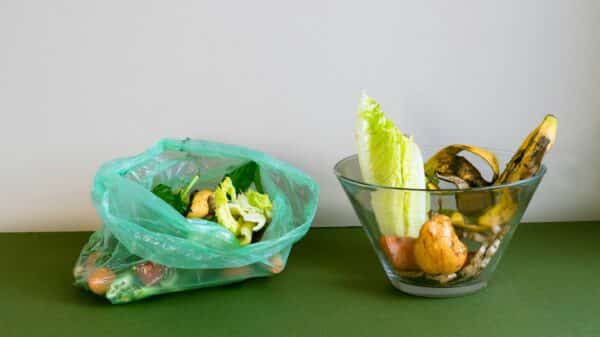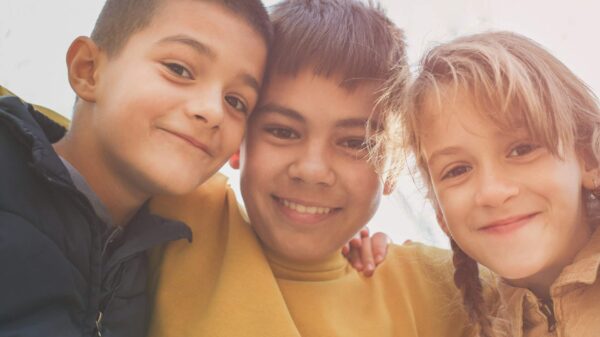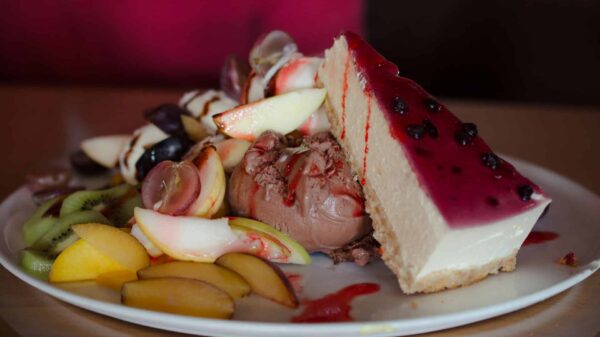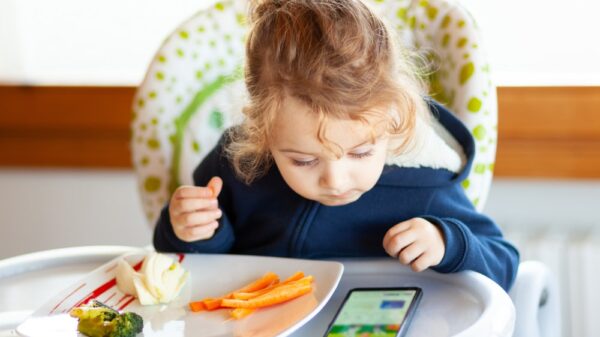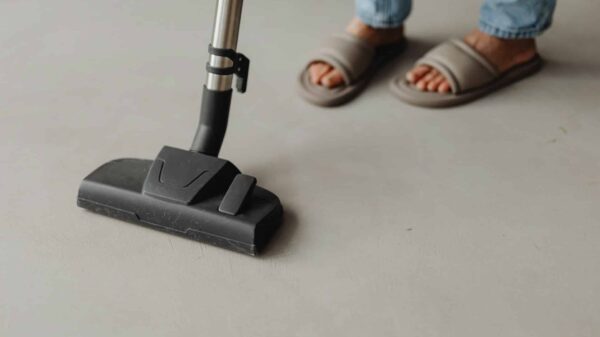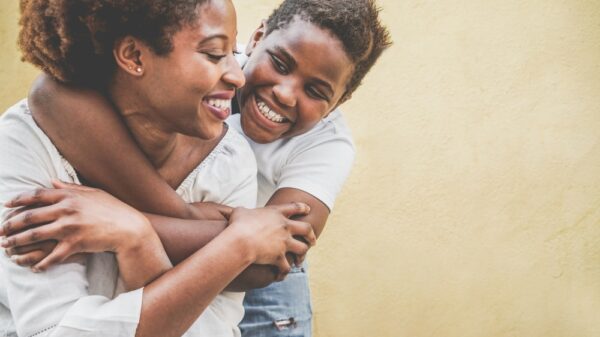My father’s beginnings trace back to a plantation in Mississippi, a place marked by the echoes of the Emancipation Proclamation, which vowed to abolish slavery, yet its effects were still felt deeply. However, the essence of this narrative revolves around my grandmother—his mother—a woman of great courage who, in the stillness of the night, gathered her children and escaped the oppressive confines of the Jim Crow South. Her resolve was straightforward: she would not place the needs of the plantation owner’s offspring above her own.
As I embrace motherhood with my two young daughters, aged one and three, I carry within me the profound legacy of my grandmother’s brave decision. Her flight was not merely a relocation; it was a fierce declaration of her family’s autonomy, resonating with a vital truth: *We belong to ourselves, and we always have.*
As a new mother and a dietitian committed to supporting women and mothers-to-be, I often ponder how these longstanding pressures have transformed. The systems we navigate today still demand an unyielding level of sacrifice—from our time, our energy, and our very beings—not solely for our families but also to meet the relentless expectations of work and society. All too frequently, this occurs without adequate healthcare, paid parental leave, or affordable childcare options.
The financial responsibilities of raising children in today’s world weigh heavily—a burden that, while different from my grandmother’s, still carries the ancient expectation that mothers should give everything, regardless of the cost. Even with my deep knowledge of nourishment, I frequently find myself ensnared in a cycle of fatigue, functioning from an empty well, and stretching my limits thinner than they can bear. I grapple with the dilemma: How can I instruct others on nourishment when my own health feels secondary? Especially when vital resources like medical care and mental health support—opportunities my grandmother could scarcely envision—seem increasingly elusive.
During times of self-doubt and struggle, prioritizing my well-being begins to feel less like an act of personal care and more like an act of quiet resistance against a stifling norm. While we may no longer labor in the fields, the demand for productivity, the push to keep going without rest, remains. Though we earn paychecks now, the underlying message is unchanged: take on more tasks, wear a brave face, and assure those around you that you’re “just fine,” even when you feel like you’re unraveling inside. It seems that rest is a privilege to be earned, something to feel guilty about if it disrupts our productivity.
Recently, I have been drawn back to the vivid image of my grandmother that night—steadfast and resolute, declaring an end to her suffering. She chose to abandon a life where her toil was anticipated but never valued. The lesson she imparted, which I carry into my own experiences as a mother, is that true freedom comes from allowing oneself to be whole and nurtured, to step back from incessant demands without shame. It’s about being present for those we love by first ensuring our own needs are met.
Juneteenth serves as a poignant reminder that I owe it to my daughters to impart these lessons—to teach them that every moment I dedicate to self-care, joy, or nurturing our home contributes to dismantling a legacy they were never meant to inherit. I want them to understand that freedom entails the ability to rest guilt-free, to decline requests without fear, and to relish motherhood while maintaining a clear sense of self amid the demands of others. Nourishment extends beyond food; it encompasses having enough of oneself to fully embrace life. Such rest and joy were often denied to those who came before us, which is precisely why they must be actively cherished today.
In a culture that champions resilience while punishing rest, I seek something different—for myself and for my daughters. On Juneteenth and every day, I hope they grasp that their worth is not contingent upon overextending themselves or neglecting their own needs. Their wholeness, happiness, and right to rest are paramount—not just after they’ve completed every task on their list.
Julianka Bell, MS, RD, is a registered dietitian and the founder of MotherKin, a women’s health nutrition practice focused on supporting individuals through fertility, pregnancy, postpartum, and beyond. Her insights have appeared in reputable outlets such as Real Simple, Good Housekeeping, Yahoo, and others.
Image Source: Unsplash




